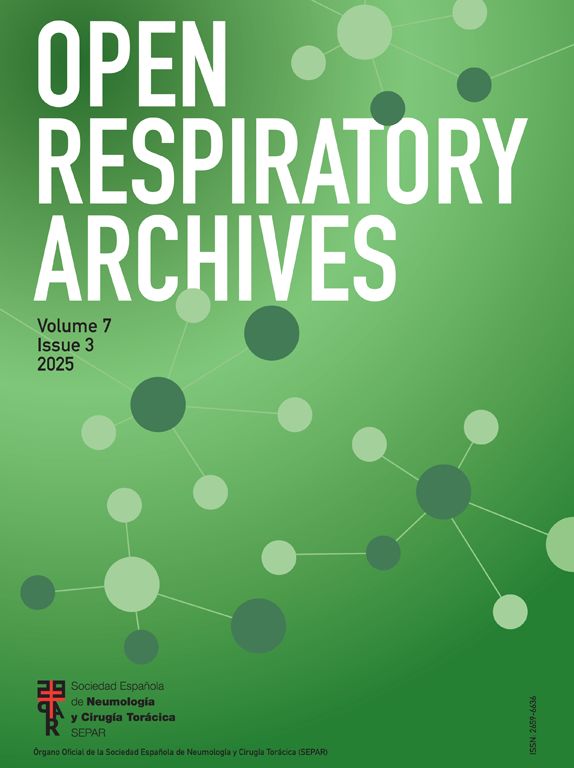Smoking is a chronic relapsing disorder that is the leading cause of morbidity and mortality in big number of developed countries.1 Three drugs have been identified as first-line medications for its treatment: nicotine replacement therapy (NRT), bupropion, and varenicline. The use of these drugs in a serious attempt to quit smoking serves to multiply by three the chances of success.2
Unfortunately, some decisions by Regulatory Agencies and the lack of training in smoking cessation by some health professionals lead to inappropriate use of these medications and thus reduce the chances of success of the attempts that smokers make for stopping.
A recent study has shown that the recall for varenicline from the North American market, due to its minimal contamination by nitrosamines, has meant that the prevalence of smokers who received treatment with varenicline to quit smoking decreased from 536 prescriptions per million subjects in June from 2021 to 136 in September 2021. This meant a reduction of more than 74% of prescriptions for a medication that is effective and safe for smoking cessation.3 But this study also indicates that NRT and bupropion prescriptions during this period remained constant.3
That is, on the one hand, a controversial decision by the Regulatory Authorities, recalling a drug with minimal contamination by nitrosamines; coupled with a lack of training in smoking cessation treatments by health professionals who do not use other available medications that are effective and safe to quit smoking. They lead to the majority of smokers not using effective and safe treatments in their attempt to quit smoking. This will lead to the failure of said attempt and to the fact that the smoker is frustrated by the impossibility of quitting. With this, they will continue to smoke or switch to the use of new forms of tobacco consumption: electronic cigarettes and/or tobacco heaters, which are products that have a greater amount of nitrosamines than those detected in contaminated varenicline.4
The final conclusion of the regrettable episode revealed in the commented article3 could not be more unfortunate for smokers who want to quit: the smoker suffers from a chronic disease that is a relevant cause of morbidity and mortality for which there are effective and safe treatments, one of these treatments is withdrawn from the market due to minimal contamination with nitrosamines (a contaminant that is found in much greater quantities in tobacco and in its associated products: electronic cigarettes and tobacco heaters), the lack of knowledge of health professionals prevents smokers from using other drugs that are effective and safe; and all this leads him to make the attempt to quit without treatment and consequently fail.
In conclusion, some problems with smoking cessation medications should be avoided. It is essential that the regulation of smoking cessation drugs take into account the risk/benefit binomial and that all health professionals are adequately trained in smoking cessation strategies.
FundingNot application for this paper.
Authors’ contributionsAll the authors have contributed to the production of this editorial.
Conflicts of interestDr. Carlos A. Jiménez-Ruiz. CAJ-R has received honoraria for presentations, participation in clinical studies and consultancy from: Aflofarm, Bial, GSK, Menarini and Pfizer.
Dr. Carlos Rabade-Castedo. CR-C has received honoraria for speaking engagements, sponsored courses, and participation in clinical studies from Aflofarm, GSK, Menarini, Mundipharma, Novartis, Pfizer, and Teva.
Dra. Eva de Higes-Martinez. EH-M has received fees for presentations, conferences and courses sponsored by: Astra-Zéneca, Bial, Boehringer, Chiesi, Esteve, Faes Farma, Ferrer, GSK, Mundipharma, Menarini, Novartis, Pfizer and Rovi.
Dr. Jose Ignacio de Granda-Orive. JIG-O has received honoraria for speaking, scientific consulting, clinical study participation, or publication writing for the following: Astra-Zeneca, Chiesi, Esteve, Faes, Gebro, Menarini, and Pfizer.





